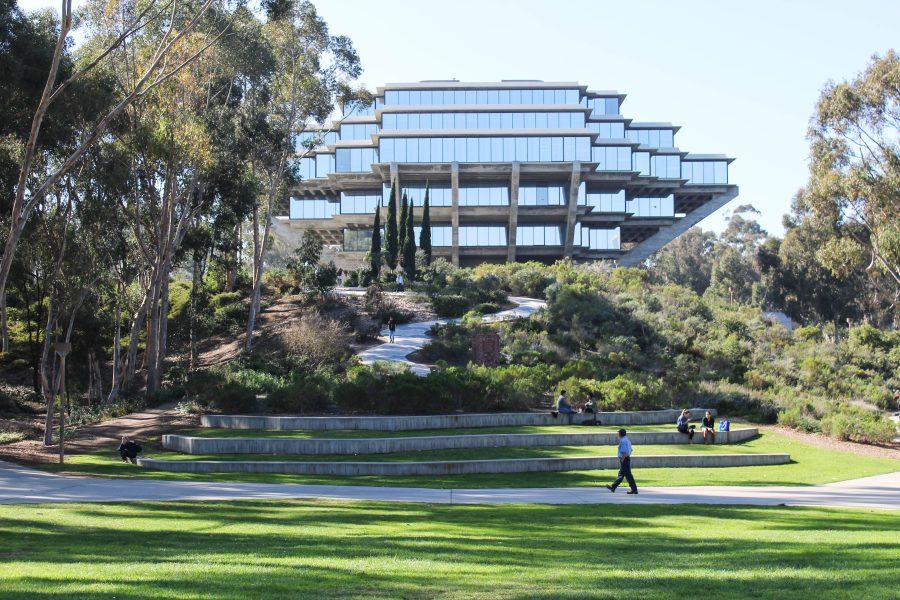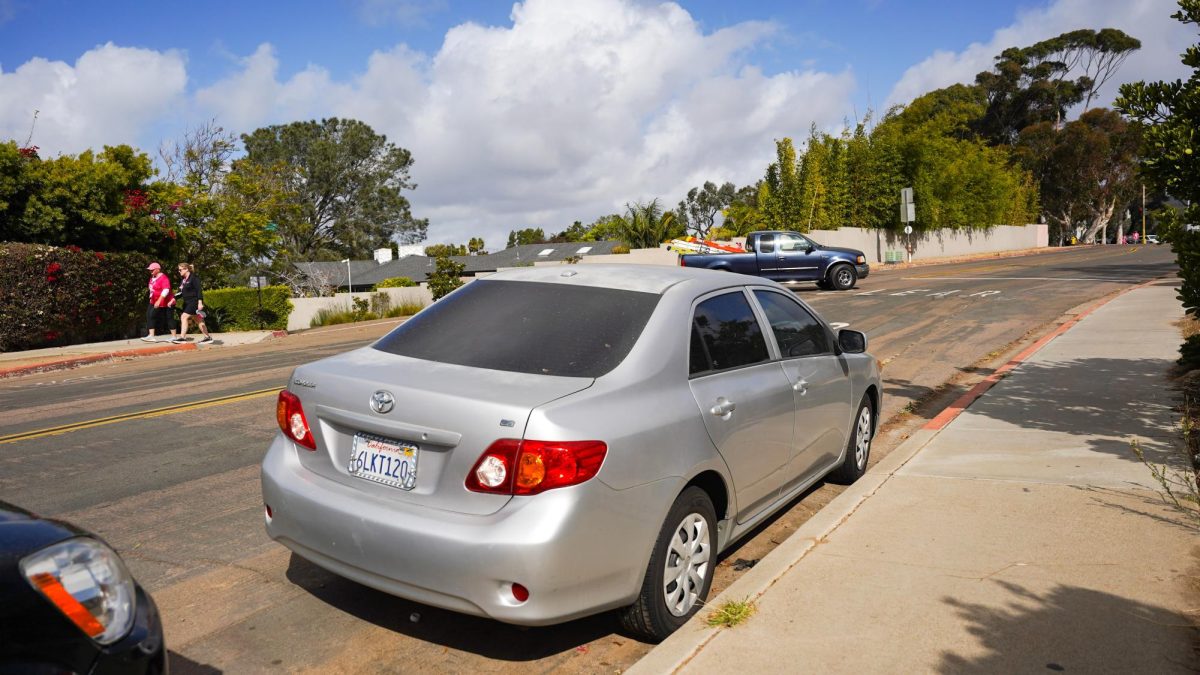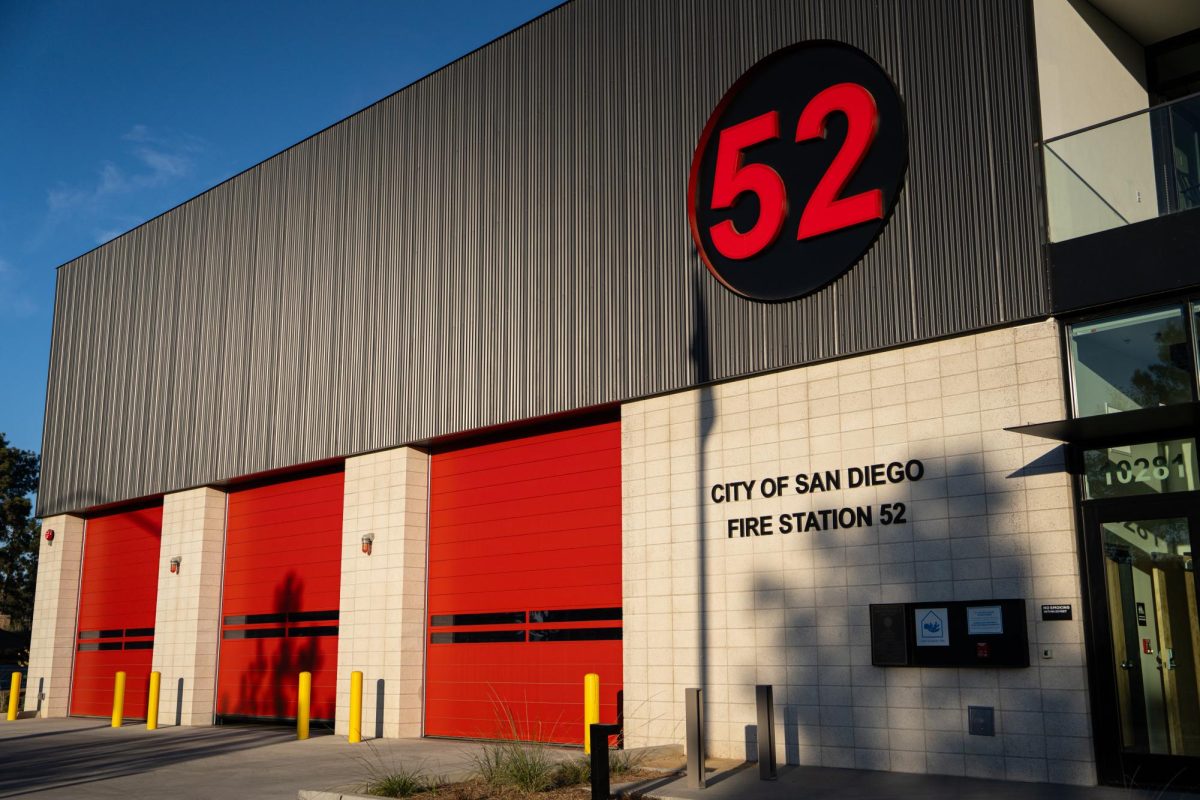The class admitted for Fall 2018 contains a higher percentage of first-generation and low-income students, compared to recent previous years. Thirty-seven percent of the freshmen and transfer students are first-generation students, and 40 percent of the freshmen and transfer students come from low-income backgrounds.
Besides the increase in percentage, the overall number of first-generation and low-income student applicants and admitted students was marked by a major increase from previous years.
According to UC San Diego Marketing and Media Coordinator Florencia Costa, “The campus received nearly 9,600 more freshmen [first-generation] applicants this year (about 98,000 applicants for Fall 2018 versus roughly 88,400 applicants for Fall 2017), which is an increase of approximately 11 percent. At the transfer level, the increase in applications was about 6 percent over Fall 2017.”
Out of over 116,000 applicants, the second-highest number of applicants for a university in 2018, there was a 7-percent increase in the number of first-generation freshmen admitted.
While the number of admitted low-income students declined by 446 freshmen and transfer students, there was an increase in those who accepted the offer of admission. For freshmen, the class admitted for Fall 2018 marked a 31-percent rate of low-income acceptances compared to last year’s 27 percent. For transfers, 34 percent of admits accepted the offer, compared to 32 percent for Fall 2017.
According to the Office of Admissions, the increase in first-generation and low-income students for Fall 2018 can be attributed to factors including an overall increase in applicants and improvement in marketing and outreach to prospective students and their parents through school visitations.
Costa noted that UCSD’s reputation for being a top public university was also a factor in the increase in percentages of low-income and first-generation students for Fall 2018. UCSD was named the No. 1 public university in the nation for social mobility by “Washington Monthly,” and No. 2 in the nation for superior education at an affordable price by “Money Magazine.”
On the other hand, “U.S. News and World Report” ranked UCSD No. 12 among top national public universities in its 2018 report. This marks a decreasing trend from UCSD’s No. 9 ranking in 2017 and No. 4 ranking in 2016.
However, Costa noted that UCSD has multiple ongoing and nuance initiative programs designed to encourage minority students to apply to the university, as well as programs that support current students. The Chancellor’s Associates Scholar Program, which provides scholarship and financial aid support through mentorship, increased its freshman class by 39 students and added two high schools to its roster. The Student Success Coaching Program also increased its number of first-generation students by 500 members and is now serving 1,300 undergraduates.
A recently launched program coordinated by all six colleges known as the Triton Research and Experiential Learning Scholars, supports research opportunities for first-generation and low-income students.
Also newly launched is the Tritons First website, which aims to connect first-generation students through an online portal. The portal includes a mobile listening station, to which first-generation faculty and staff can submit voice recordings of their stories.
“The listening station is designed to capture best practices for navigating UC San Diego and inspire the campus community to learn about the students’ experiences when they are the first in their immediate family to attend a four-year university,” Costa said.
“UC San Diego is proud to welcome this new class of scholars as they embark on a bold new chapter in their life as Tritons,” Chancellor Pradeep Khosla said in a recent newsletter. “Our student experience is designed to cultivate a passion for knowledge and offer a wealth of campus resources that ensures their success as future alumni, who will undoubtedly use their education to benefit the world.”
photo by Shirley Tan













